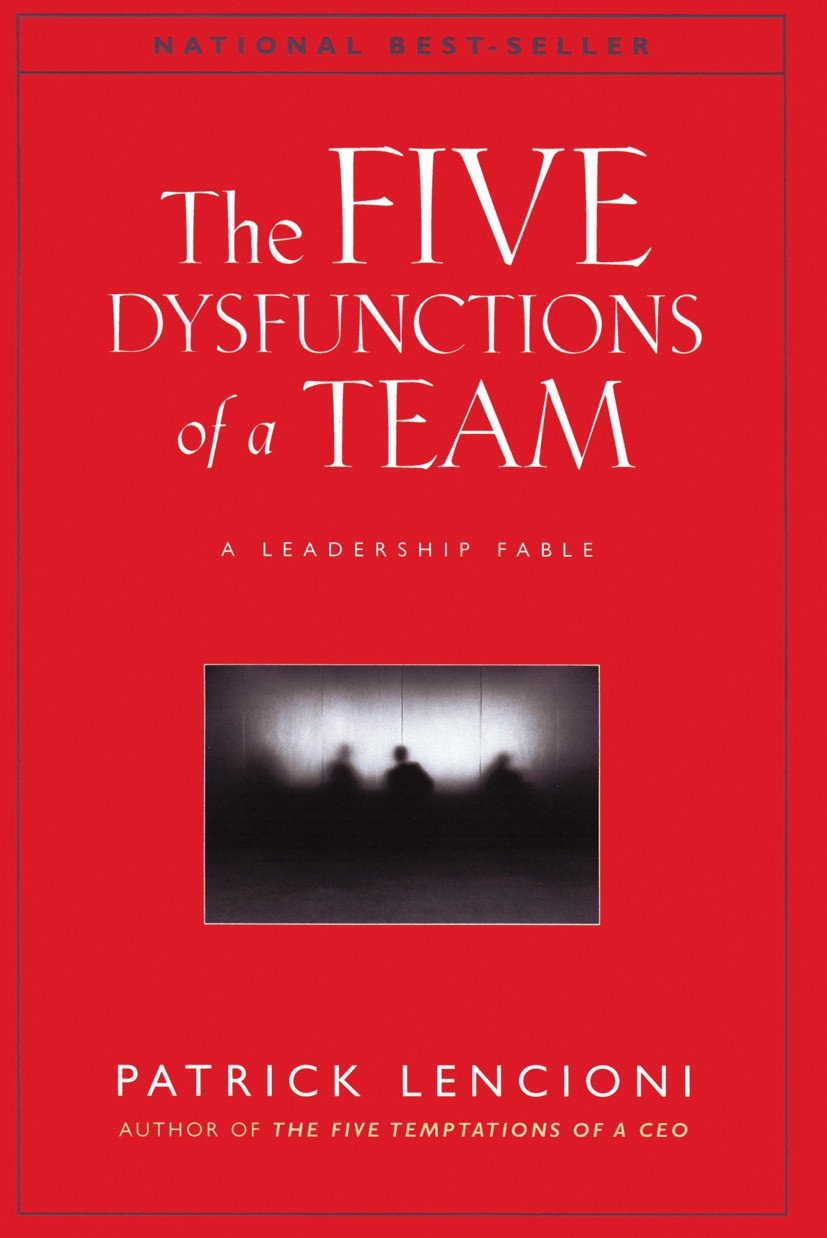Giving and Receiving Feedback
Giving and receiving feedback are important to everyone's growth and development. But often we are reluctant to give it or to ask for it. In part, because we are not sure the person is willing to receive it; and partly because we are not sure we are willing to receive constructive comments from others.
You may have heard the phrase: "Feedback is a gift." If this is the case, I encourage you to accept it as such, a gift, and discover the nuggets of truth packaged inside.
But first, clear goals and objectives must be established. This is the foundation upon which feedback (progress against goals) is given.

Giving and Receiving Feedback
Although giving and receiving feedback are important for growth and development, many in leadership positions are not skilled at doing it. But these skills can be learned, and I would like to show you how.
In his book "Building Trust: How To Get It! How To Keep It!," Hyler Bracey asserts that "giving feedback can be very helpful in building trust if it is delivered in the right way." He gives the following steps as a guide.
Six Steps for Giving & Receiving Feedback
|
Step 1: Step 2: Step 3: Step 4: Step 5: Step 6: |
Knock on the Door. Describe the Specific Action, Event or Behavior at Issue. Spell Out Its Impact on You Specify Positive/Negative Consequences and Make a Request Get a Firm Agreemeent Share Appreciation |
Giving Feedback
Step 1: "Knock on the Door" is important because it lets you know if this is a good time to have the discussion. If not, set a time that works for both parties. Respecting the other person in this way helps them know it is important for them to hear what you have to say, and that you would like their undivided attention.
Too often, we generalize when sharing our comments. But it is very important to describe the specific action that is an issue. Being specific will help the person identify practical steps for taking corrective action.
Receiving Feedback
It is important to get in the habit of asking your boss, direct reports and your peers for comments on your performance.
Why? Because we all have blinders. We often do not see what others see. We see our intentions. They see our actions. Getting their perspective on our performance can help us detect "gaps" between our intentions and our actions.

Want To Know More?
Unfortunately, we often think of feedback as being negative. But it is important to praise positive actions/behaviors. This will encourage employees to do more of the same.
Improve Your Relationship with Your Boss
Are you looking to improve your relationship with your boss? If so, the Boss Relationship Worksheet will help you better understand and communicate more effectively with your immediate supervisor.
To download your copy, submit your information on the form below.
After completing the Boss Relationship Worksheet, you will find that the following will prove helpful in showing you how to cultivate a better working relationship with your boss:
 |
I published my first book and I am beyond excited.
Get your FREE copy of Called to Lead!
ORDER PRINT HERE
Leaders don't
create
followers.
Leaders
create
other
leaders.
- Tom Peters













